To any man, woman or child running or walking the marathon, we salute you.
Getting from A to B at any speed when A and B are forty two kilometres apart is no mean feat, so hats off to the lot of you. But, if you are planning on running, you need to really think about fuelling yourself right.
A car would never go into the Grand Prix on half a tank of low-grade petrol, and neither should you. If you want to perform at your absolute best, you need to eat for endurance.
However, there's a lot of conflicting advice around - should you be carb-loading, or opting for protein heavy dishes? And just how much water is too much on race day?
We spoke to Lovisa Nilsson, the in-house nutritionist for Lifesum, Scandinavia's leading health and fitness app. Lovisa herself is a keen runner, and can knock out 10km in an impressive 44 minutes.
She told us that in the weeks leading up to the event, it is important to couple your training with a balanced diet, rich in the nutrients to help you through the run. Lovisa said: 'The days before the marathon is the time to focus more on your carbohydrate intake, increasing it by about 10% so as to have a productive and successful run. It's also important to ensure that your training is less intense in the final week before the big run.
'Complex carbohydrates with low glycemic indices (GI) like wholegrain bread, pasta and brown rice are the best source of long-term energy because they provide the muscles and fat tissue with glycogen. Avoid junk foods such as greasy pizza, fries or processed foods, as these will leave you feeling bloated and less energetic.'
'A few hours before your run, have a balanced but light meal that includes some, but not too many fibres (fibres could cause stomach problems during your race, so be careful with that, Lovisa cautioned) such as oatmeal, a chicken sandwich or wholegrain cereal – avoid heavy meals at least 3 hours before the race.
'And be sure to increase your water intake in the lead up to the big race to ensure that you are well hydrated before you take your mark!'
And as for the fear of over-hydrating? 'Be sure to grab a drink of water at every drinks station but also balance it with a sports drink such as Lucozade or Gatorade, to avoid over-hydration- the body's natural balance of electrolytes is disturbed by too much fluid,' advised Lovisa.
See you at the finish line...
READ MORE: The Best Natural Anti-Depressants
Discover: Natural Anti Depressants
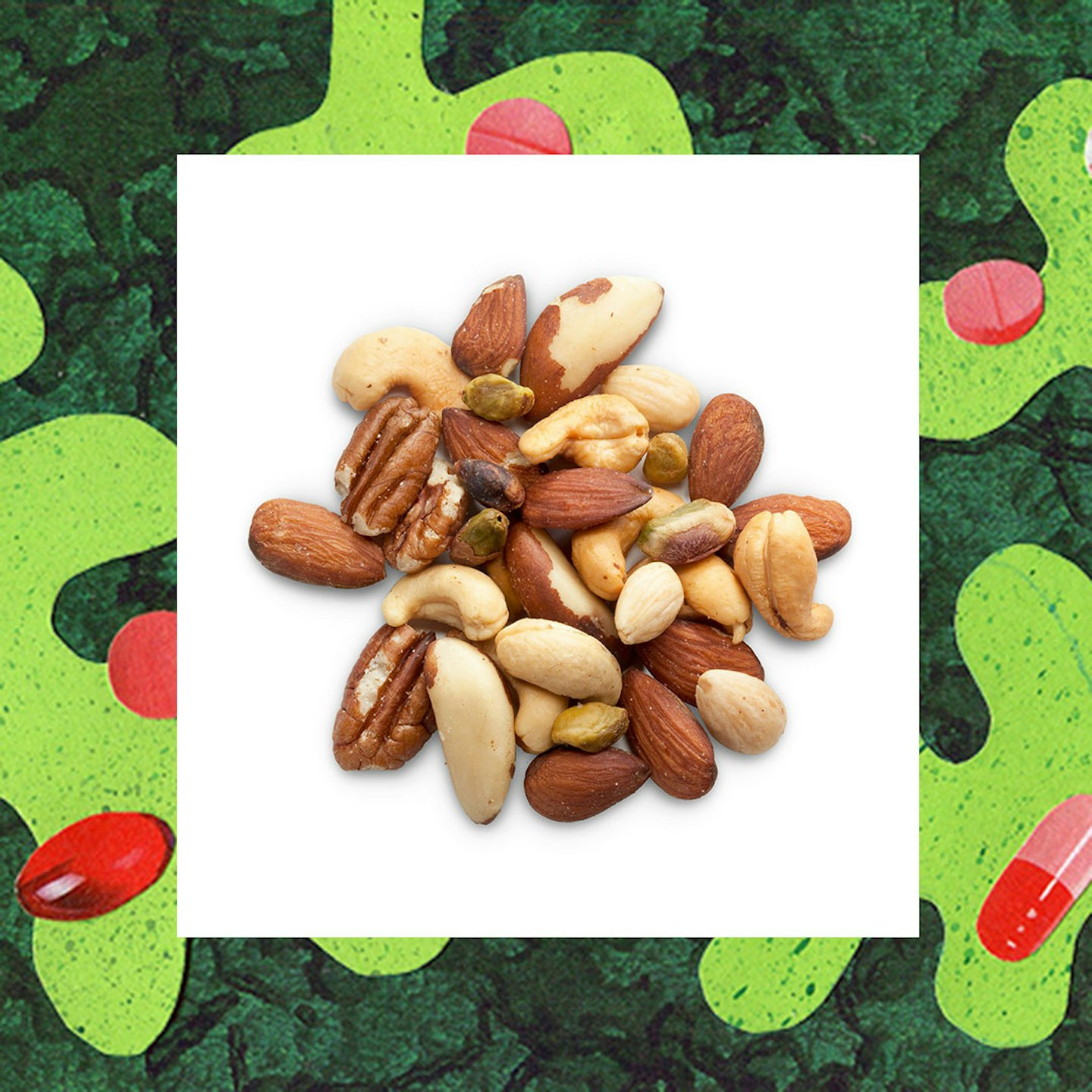 1 of 11
1 of 11Omega 3
Omega-3 fatty acids are essential minerals which reduce inflammation and are vital to brain functions such as mood and memory. Your body doesn't produce them naturally so you can only get them in you via food (like fish, nuts and seeds) or dietary supplements.
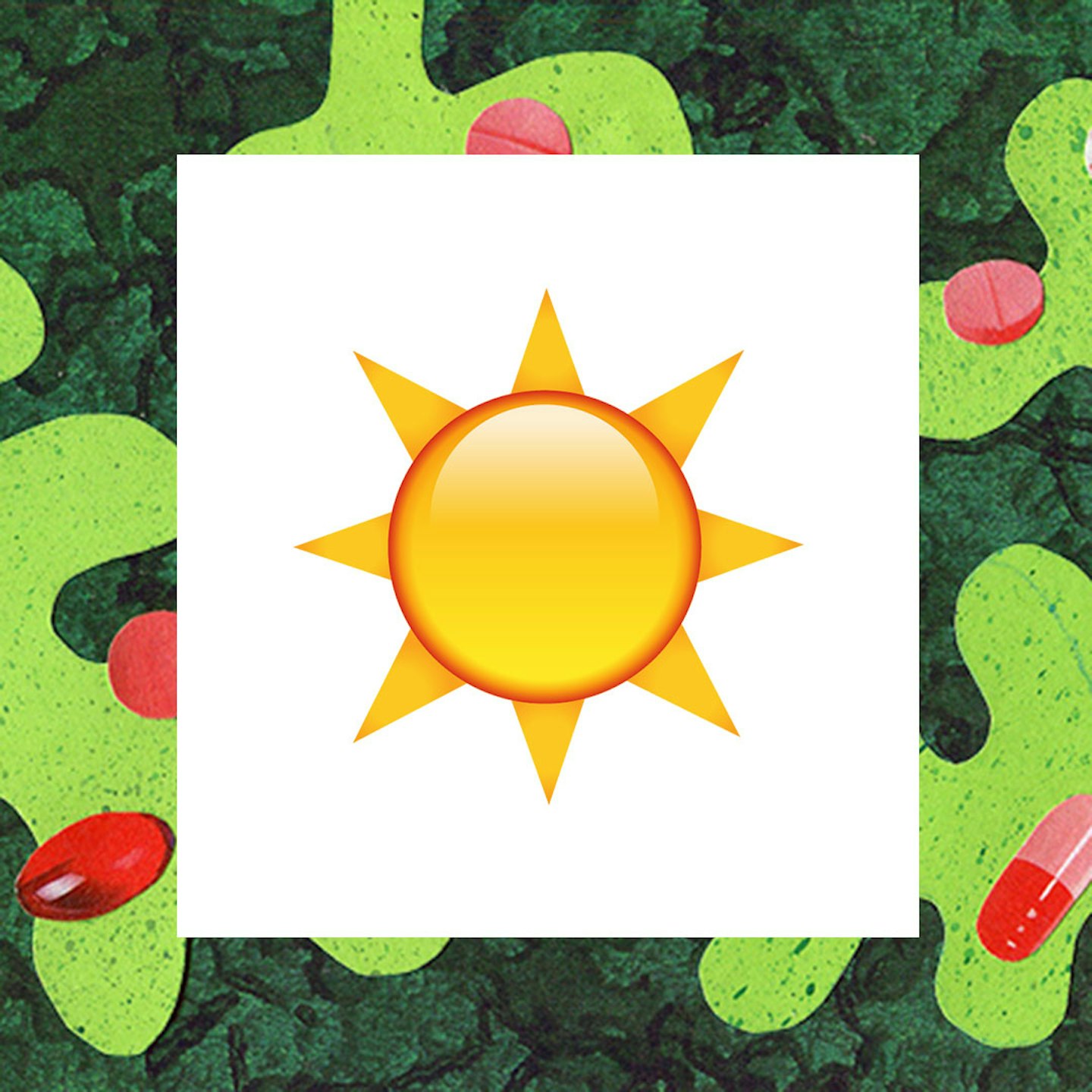 2 of 11
2 of 11Vitamin D
In addition to bone health, Vitamin D can play a vital role in the areas of the brain that are linked to the development of depression and other mental health problems.
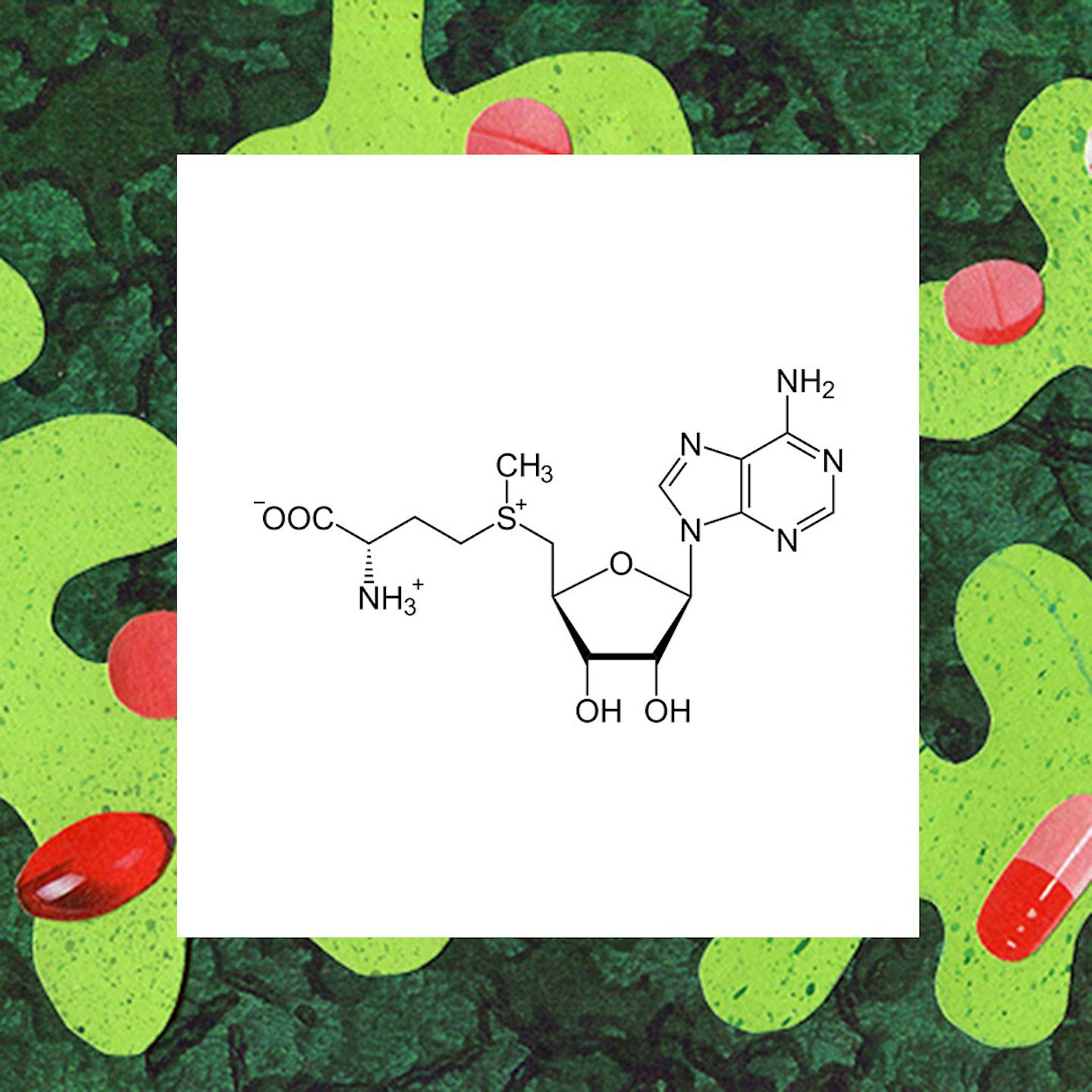 3 of 11
3 of 11S Adenosylemthionine
SAMeis a molecule that the body naturally forms and is available as a dietary supplement. In addition to depression and anxiety, it can be used for many other conditions including heart disease, fibromyalgia, tendonitis and many more. It is also recommended for PMS. It works by making sure that chemicals in the body that play a role in pain, depression, liver disease, and other conditions, actually do their job.
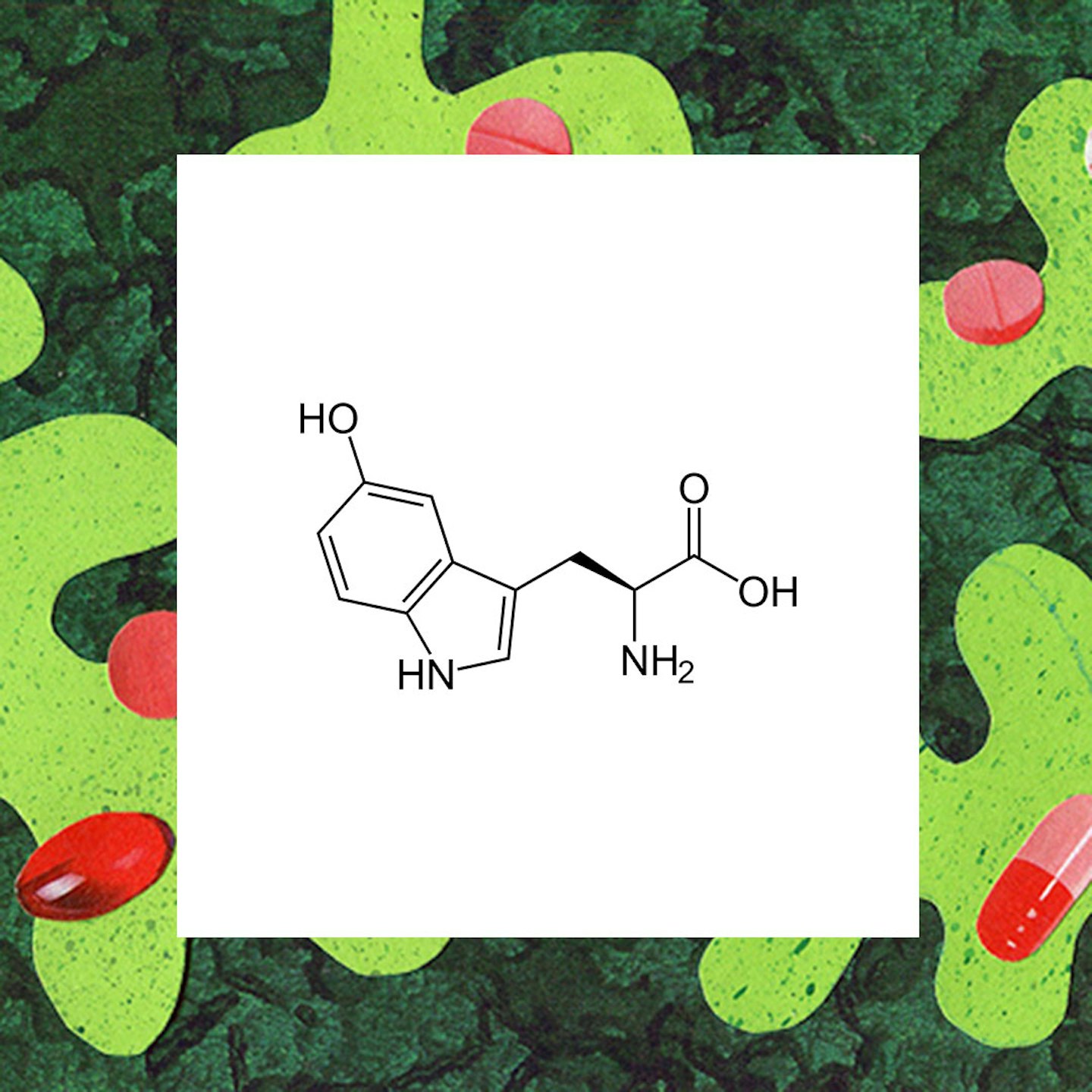 4 of 11
4 of 115-Hydroxytryptophan (5-HTP)
Like SAMe,5-HTP is also a chemical (an essential amino acid) that the body makes naturally. It works by helping to raise the serotonin (the happy hormone) levels in the brain. 5-HTP has been known to have a positive effect on sleep, mood, anxiety, appetite, and pain.
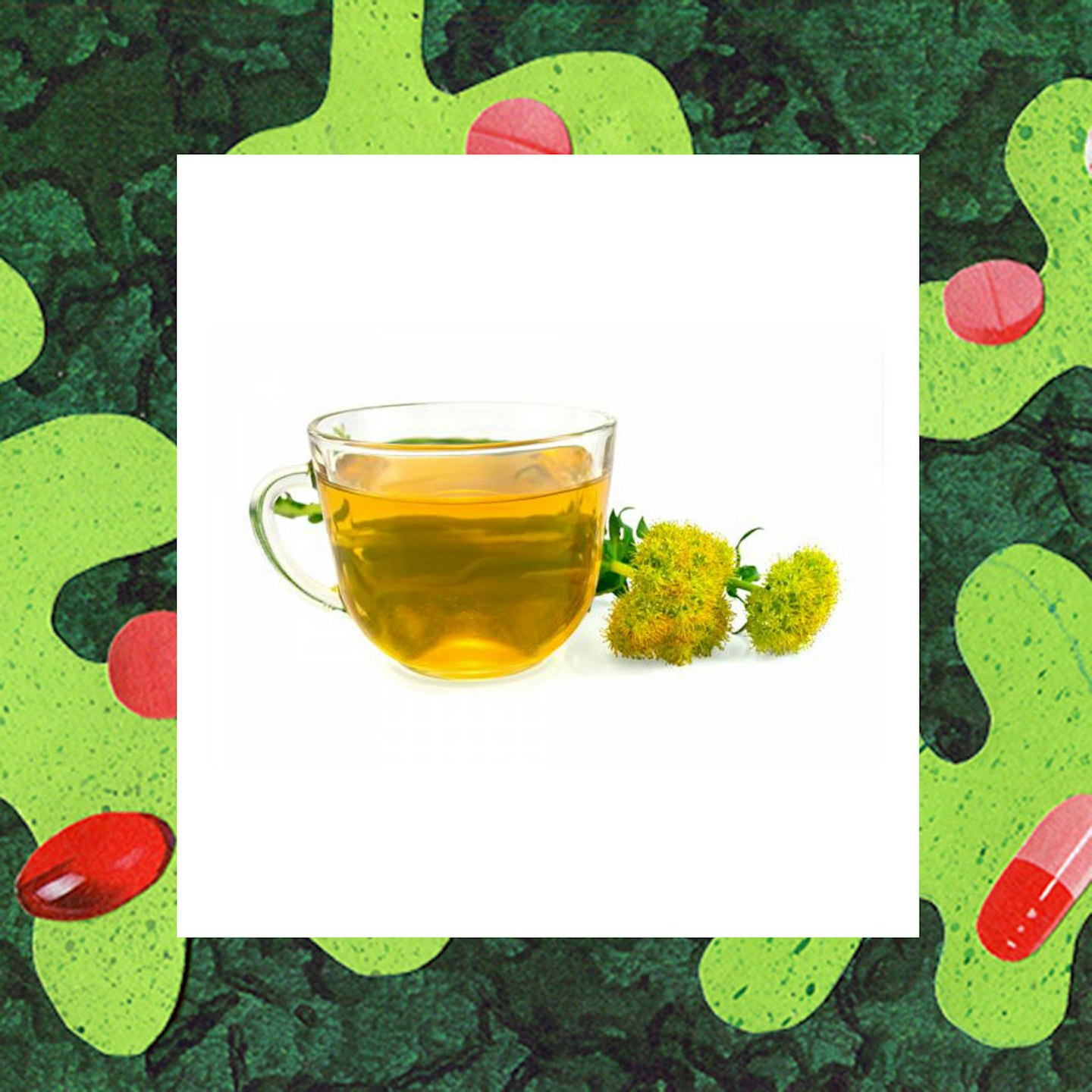 5 of 11
5 of 11Roseroot Herb
A study conducted on whether the Rhodiola Rosea (Roseroot) herb was effective for depression showed that it was almost as effective as the popular antidepressant, Sertraline (Zoloft), but with fewer side effects. The herb boasts strengthening the nervous system, fighting depression, enhancing the immune system and memory, elevating stamina, aiding in weight-loss and increasing sexual function.
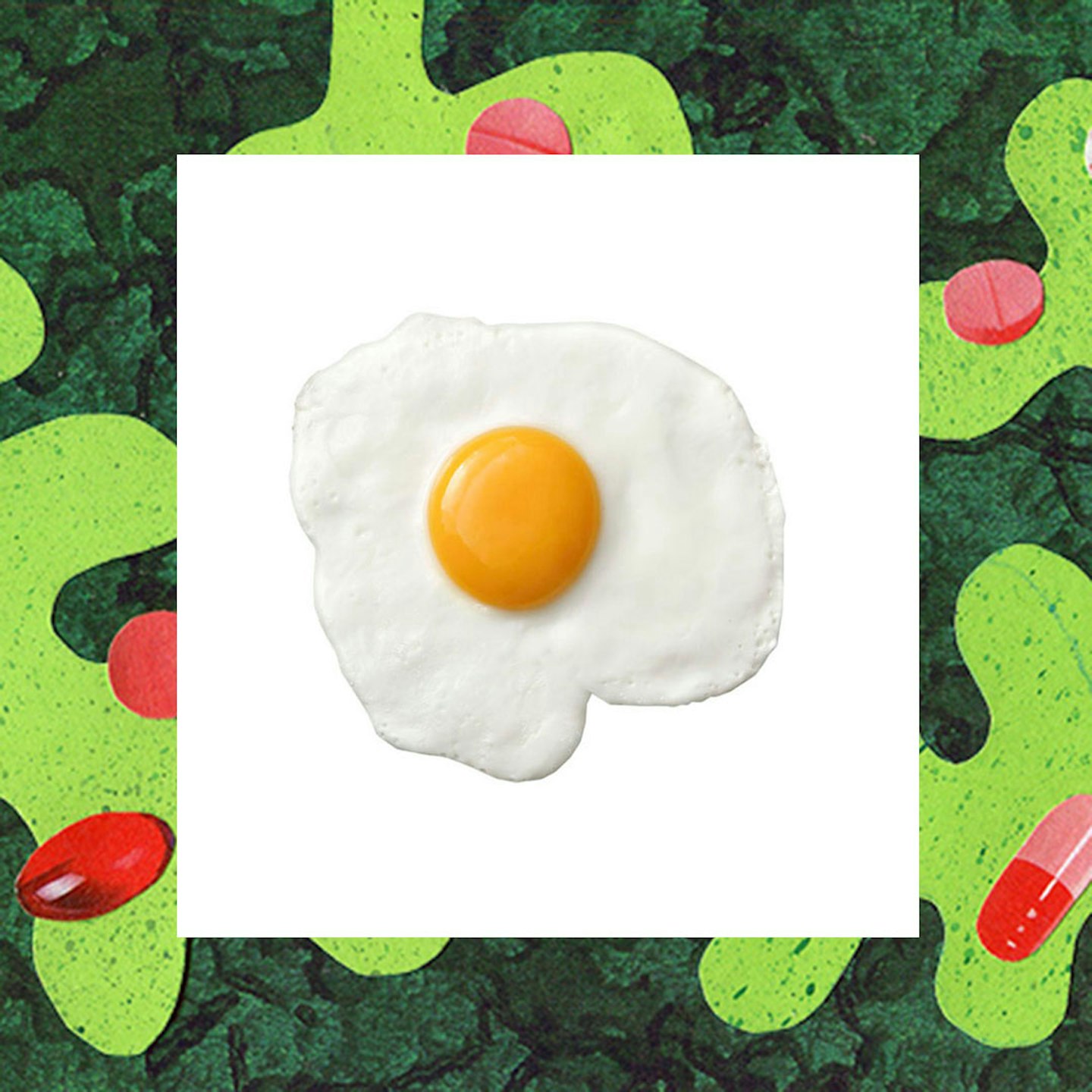 6 of 11
6 of 11Iron
A lot of adults, especially women, suffer from iron deficiency, and guess what? Iron deficiency symptoms are pretty similar to depression symptoms, i.e. fatigue, irritability, and foggy brain. The recommended daily iron allowance in adults is roughly 8 to 18 mg daily (check with your doctor though because everyone's number is different).
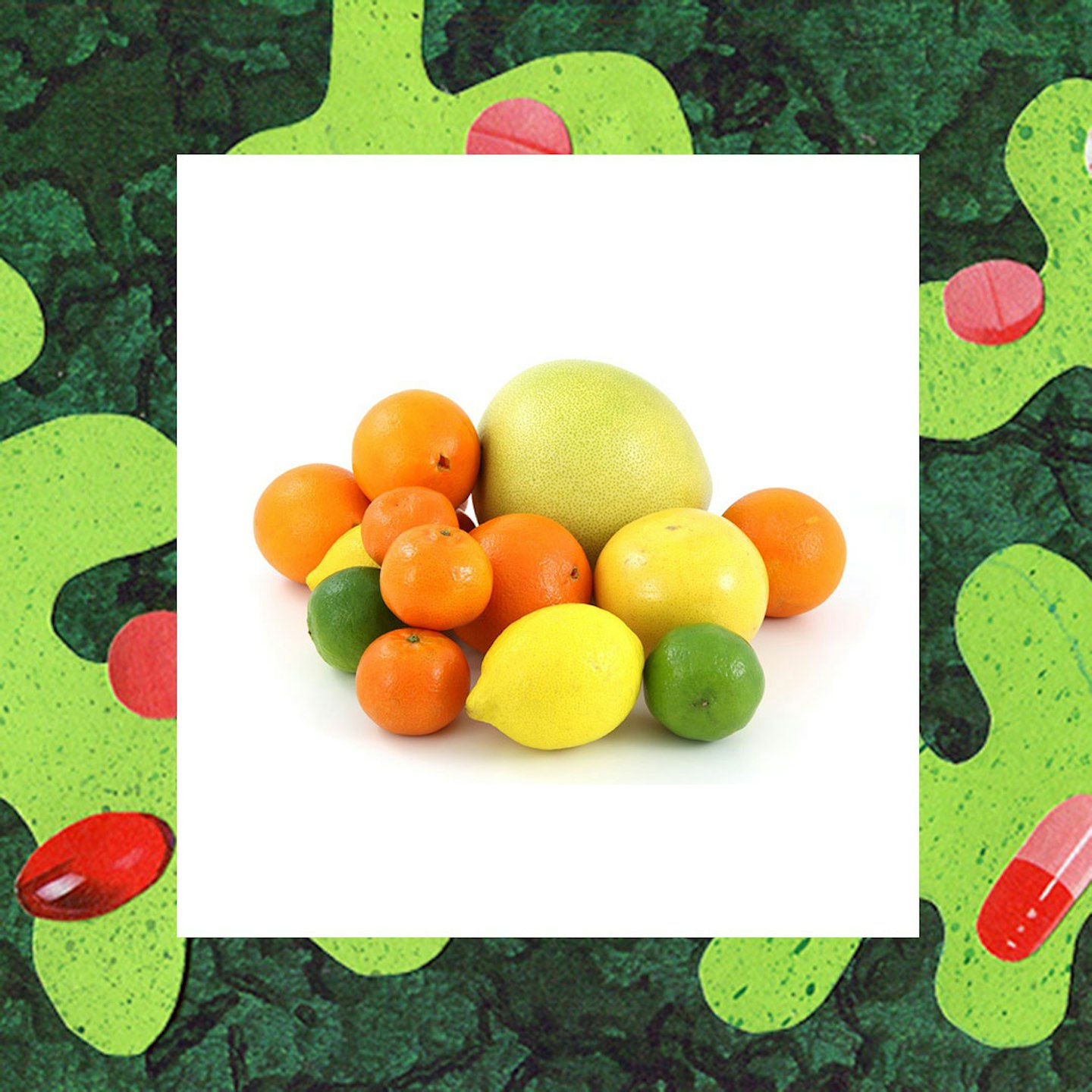 7 of 11
7 of 11Folate
If you don't have enough folate, antidepressants may not work. Some docs prescribe folate along with antidepressants to treat depression and improve the effectiveness the medication. Most adults need at least 0.4mg daily, which you can though food including dark leafy greens, beans and citrus fruit, or as a supplement.
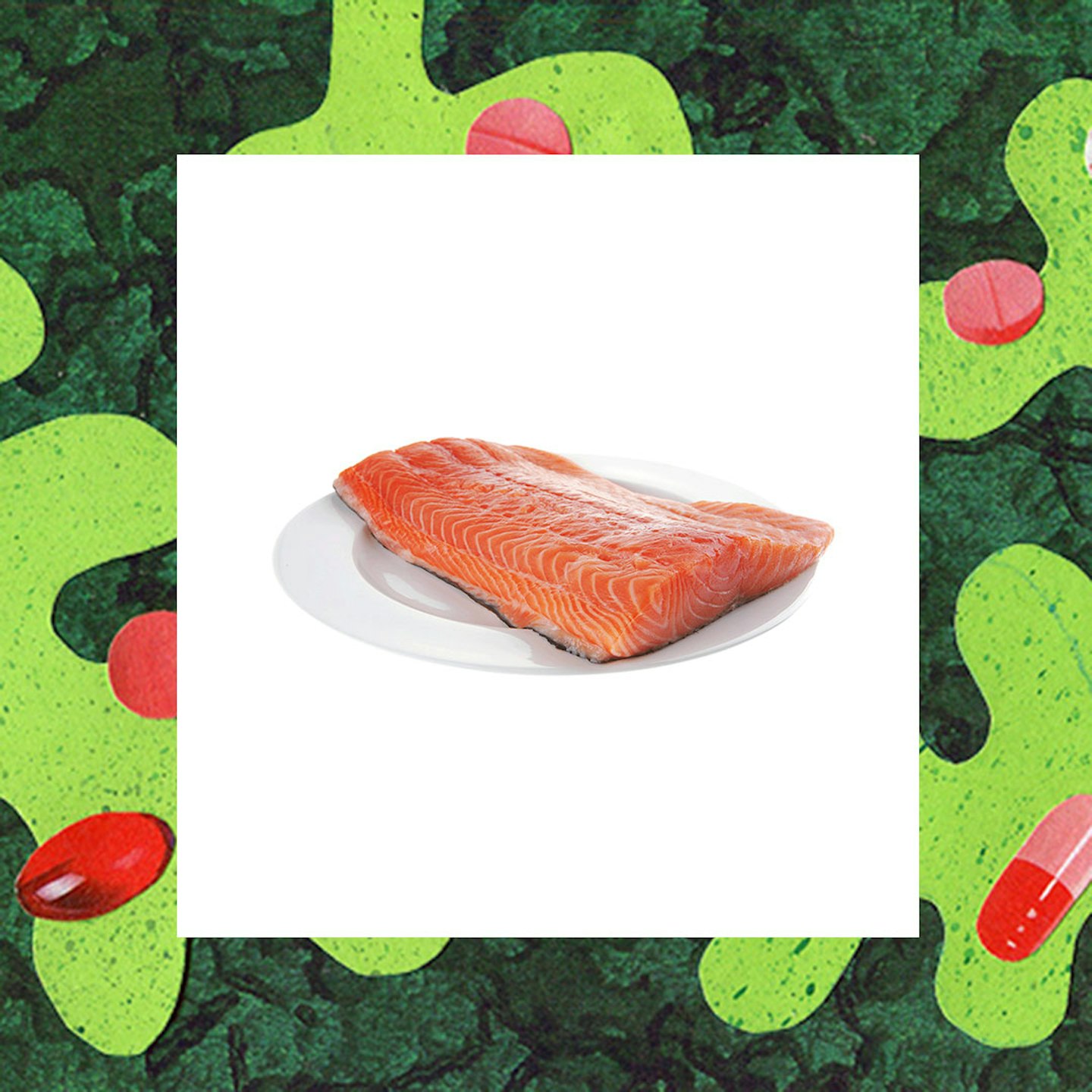 8 of 11
8 of 11B12
Vitamin B-12 and other B vitamins can play a role in producing mood-affecting brain chemicals and low levels of these may be linked to depression. If you have a poor diet and the body can not absorb enough B vits, your mood can be severely affected. Getting a blood test will determine how much of the B goodness you have in your system, and whether you need to stock up. B vitamins are found in animal products like milk, fish, meat and eggs, so if you are a vegan, you should definitely be getting your B's from dietary supplements and vitamins.
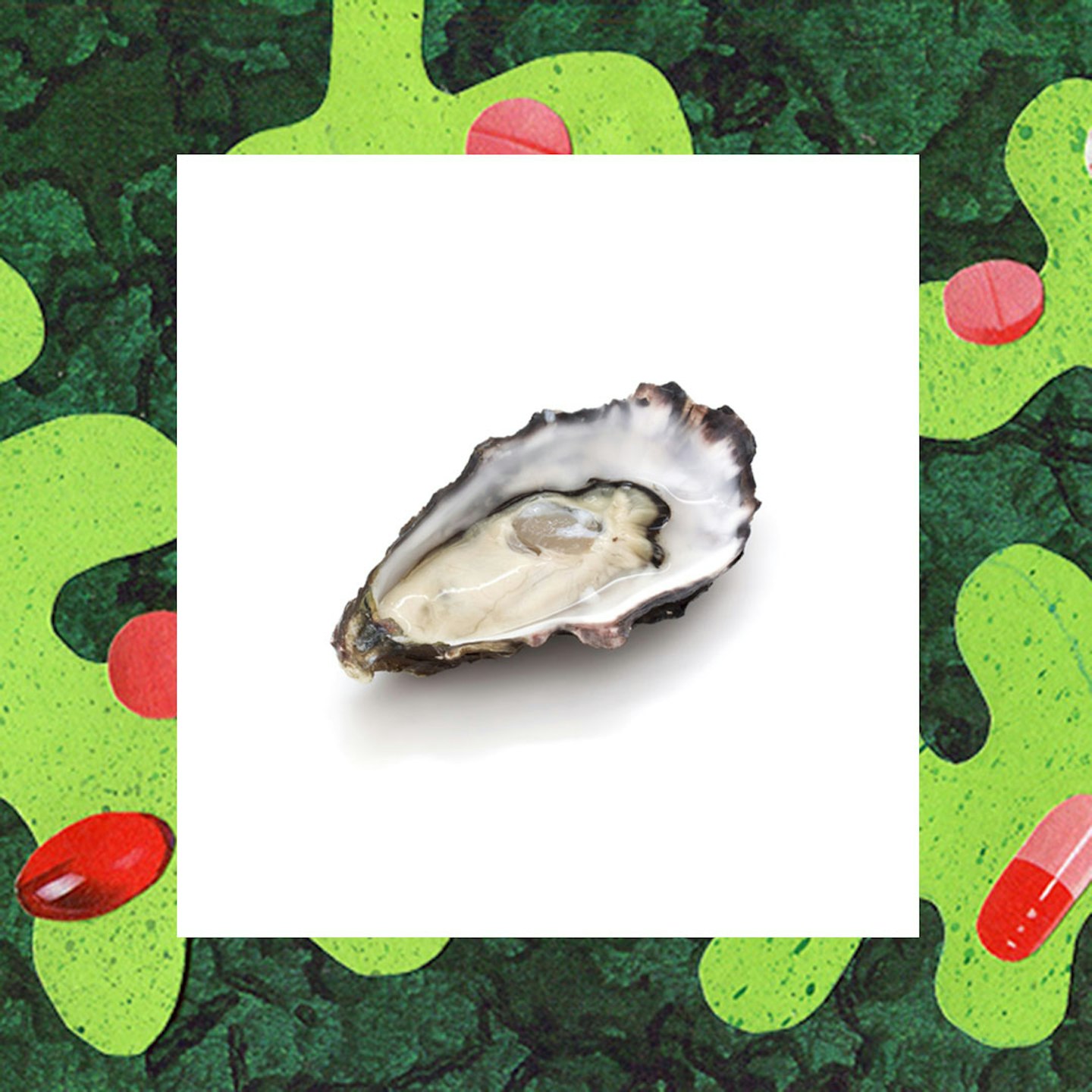 9 of 11
9 of 11Zinc
Zinc is crucial to our system as it activates our digestive enzymes breaking down food, and helps prevent food allergies, which can avert depression. It also helps our DNA to produce and repair proteins, control inflammation and boost our immune system.
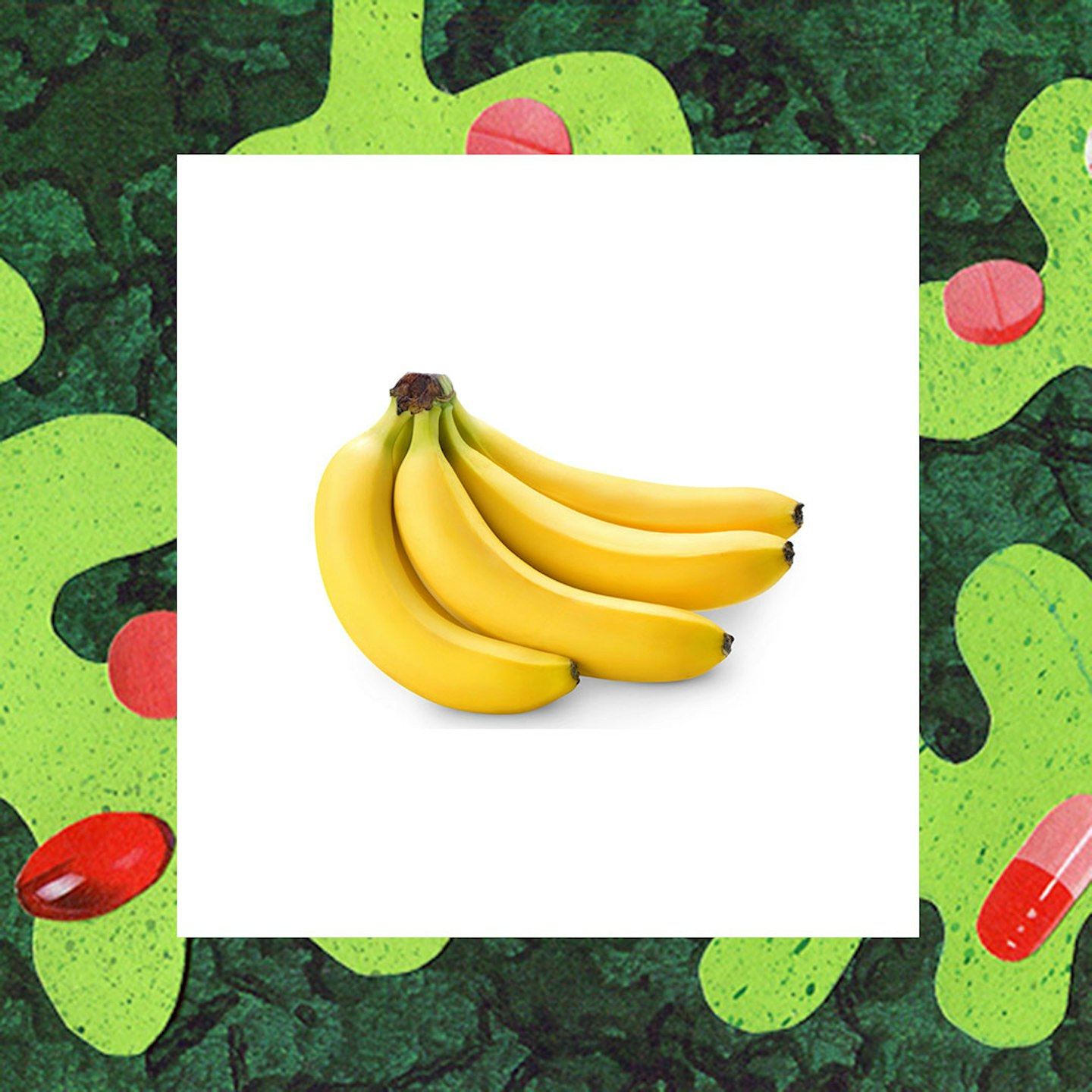 10 of 11
10 of 11Tryptophan
Tryptophan is an essential amino acid which you get through food such as bananas, tamarind, oats, sesame seeds, kiwi and watermelon. Once in the body, it converts to niacin, serotonin and melatonin. Most antidepressants work by increasing the amount of serotonin in the brain and Tryptophan helps to increase serotonin levelswithout the extreme side effects of meds.
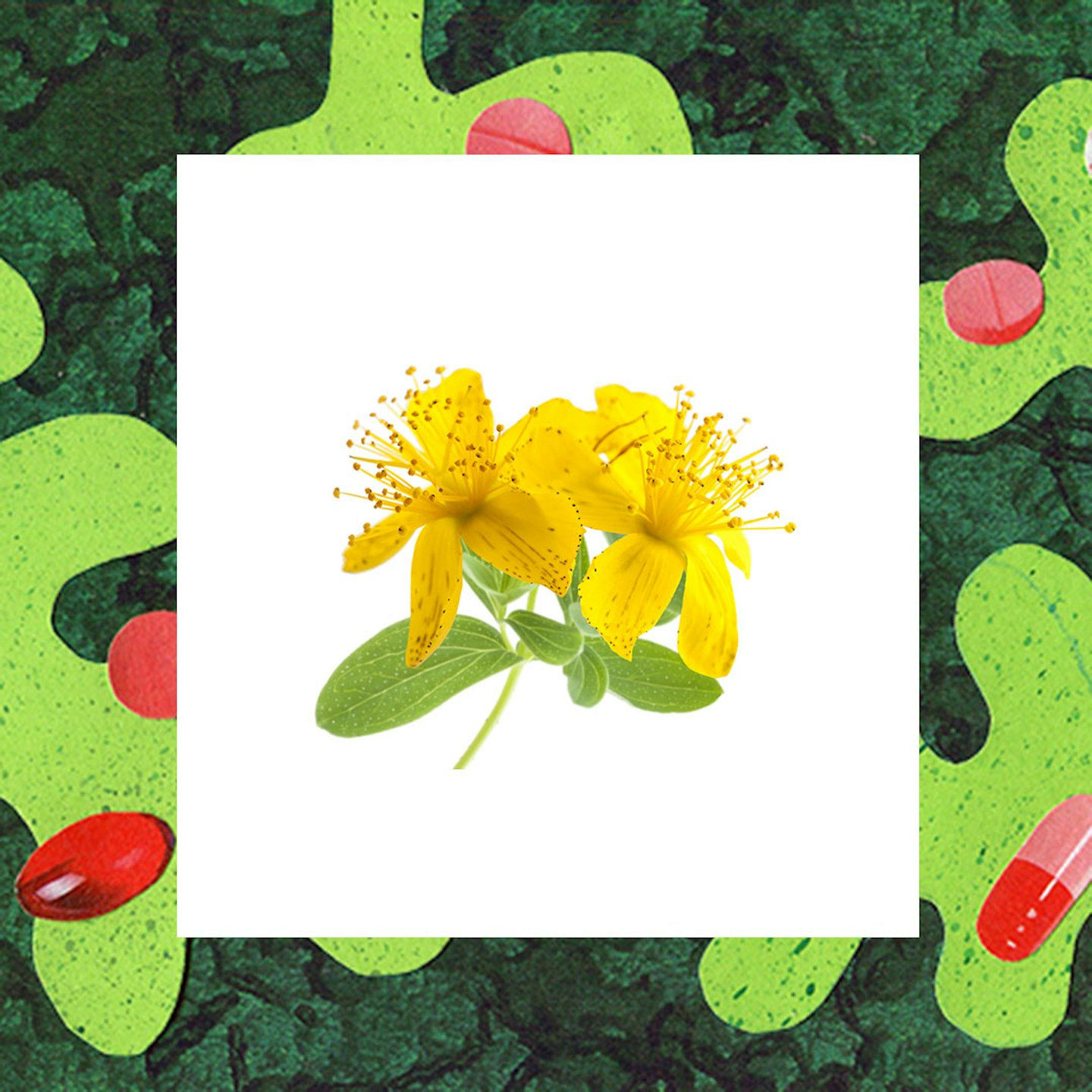 11 of 11
11 of 11St John Wort
St John's Wort has been around for yonks and is one of the most popular natural methods used for dealing with stress, anxiety and depression. It's a plant with yellow flowers. There has been some scientific evidence that St. John's wort may be helpful in treating mild depression. It's been claimed that it works just like regular antidepressants in that it inhibits the reuptake of the neurotransmitters serotonin, norepinephrine, and dopamine.
